The York Research Chairs program is envisioned as York University's internal counterpart for the national Canada Research Chairs (CRC) program and recognizes outstanding researchers at York. The level of support and recognition provided to York Research Chairs is expected to be aligned with supports and recognition provided through the CRC program.
York Research Chairs are available at two levels analogous to CRC chairs. Tier 1 York Research Chairs are open to established research leaders at the rank of full professor, while Tier 2 York Research Chairs are aimed at emerging research leaders within 15 years of their first academic appointment. Both have five-year terms that are renewable in the context of open-competition based on peer review and the continuing availability of resources.
Tier I Chairs
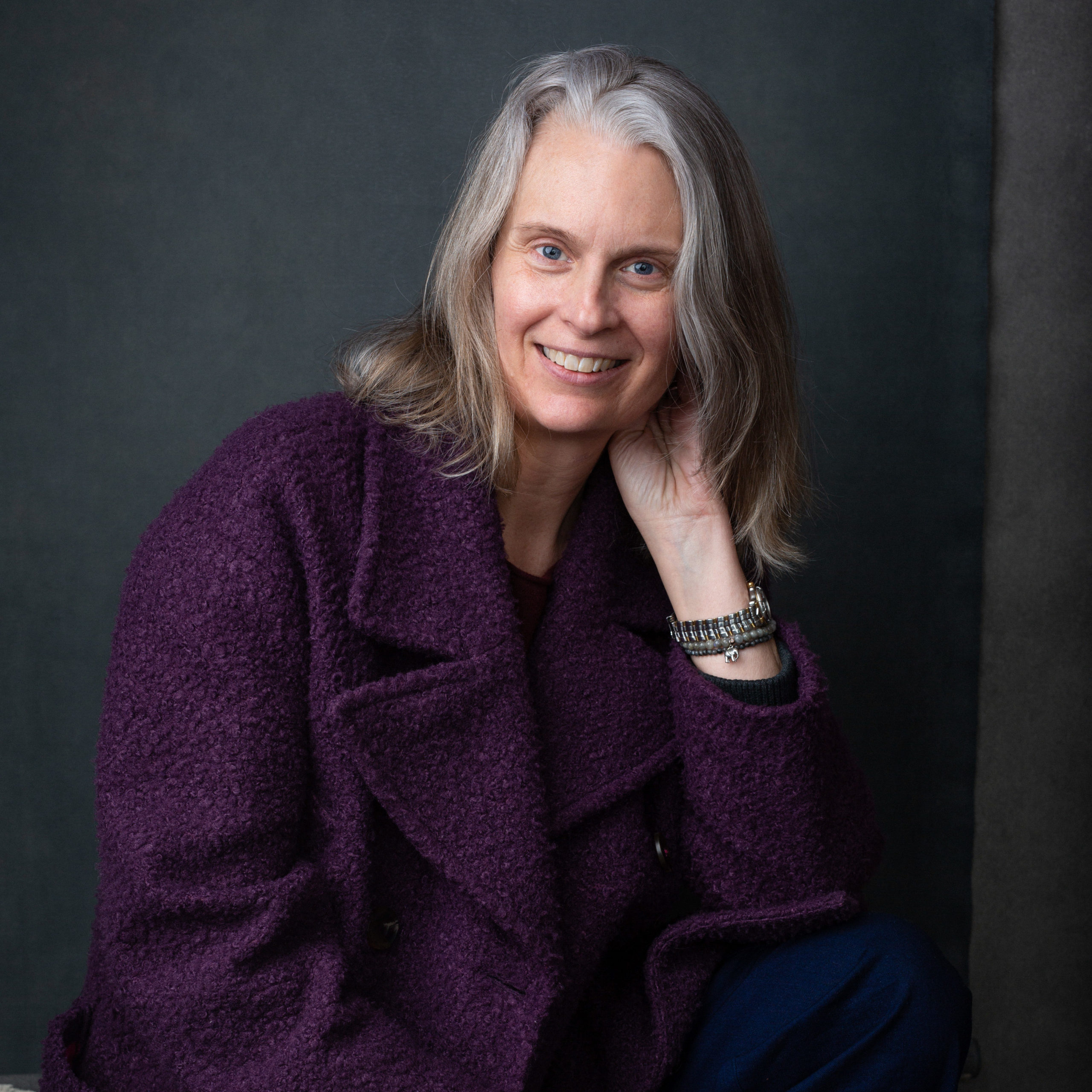
Kristin Andrews
YRC in Philosophy of Animal Minds
Kristin Andrews, Faculty of Liberal Arts & Professional Studies, has done extensive research into issues related to belief and social understanding, the evolution of morality, methodology in animal cognition research, and animal rights. She will investigate how we can characterize social norms, which are often perceived as uniquely human, to reveal their existence in animals.

Benjamin Berger
YRC in Pluralism and Public Law
Benjamin L. Berger, Osgoode Hall Law School, was awarded a Tier 1 York Research Chair in Pluralism and Public Law. Berger is internationally recognized as one of Canada’s foremost experts in law and religion, and constitutional and criminal law and theory. He is an award-winning scholar and teacher, deeply engaged in public and professional education and advocacy. Interdisciplinary and comparative in its approach, Berger’s research is dedicated to advancing knowledge about the unique challenges and complex role of public law in deeply diverse societies.
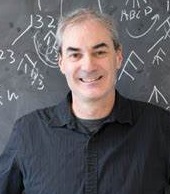
Nantel Bergeron
YRC in Applied Algebra
Nantel Bergeron, Faculty of Science, had his York Research Chair in Applied Algebra renewed. He is one of the pioneers in the development of the theory of combinatorial Hopf algebras. In this field, researchers can understand and solve complex enumeration problems from other areas of science, such as computer science and mathematics. His research helps to further insights into the super-symmetry of nature.
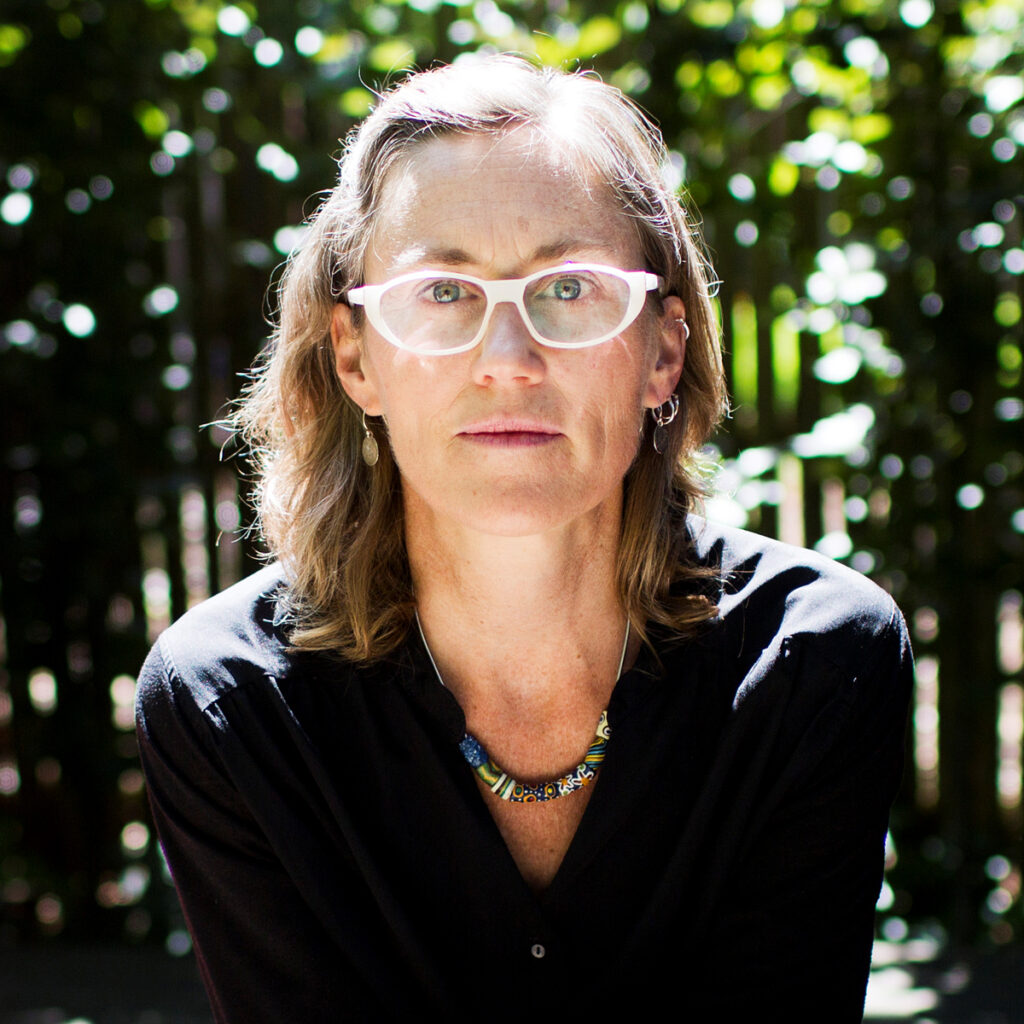
Annie Bunting
YRC in International Gender Justice and Peacebuilding
Annie Bunting, Faculty of Liberal Arts & Professional Studies, is a professor of law and society. Bunting’s research as a YRC will examine the intersection of gender violence and international justice in conflict zones in Africa, with a particular focus on affected youth, sexual exploitation and abuse by United Nations peacekeepers, and issues that involve and centre survivors’ experiences.
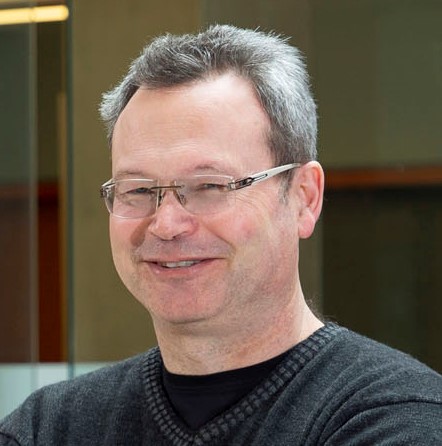
Doug Crawford
YRC in Visuomotor Neuroscience
Doug Crawford, Faculty of Health, is a Distinguished Research Professor in Neuroscience and the Scientific Director of the Vision: Science to Applications (VISTA) program. For the past 26 years, his ground-breaking work at the York Centre for Vision Research has focused on the control of visual gaze in 3D space, eye-hand coordination and spatial memory during eye movements.
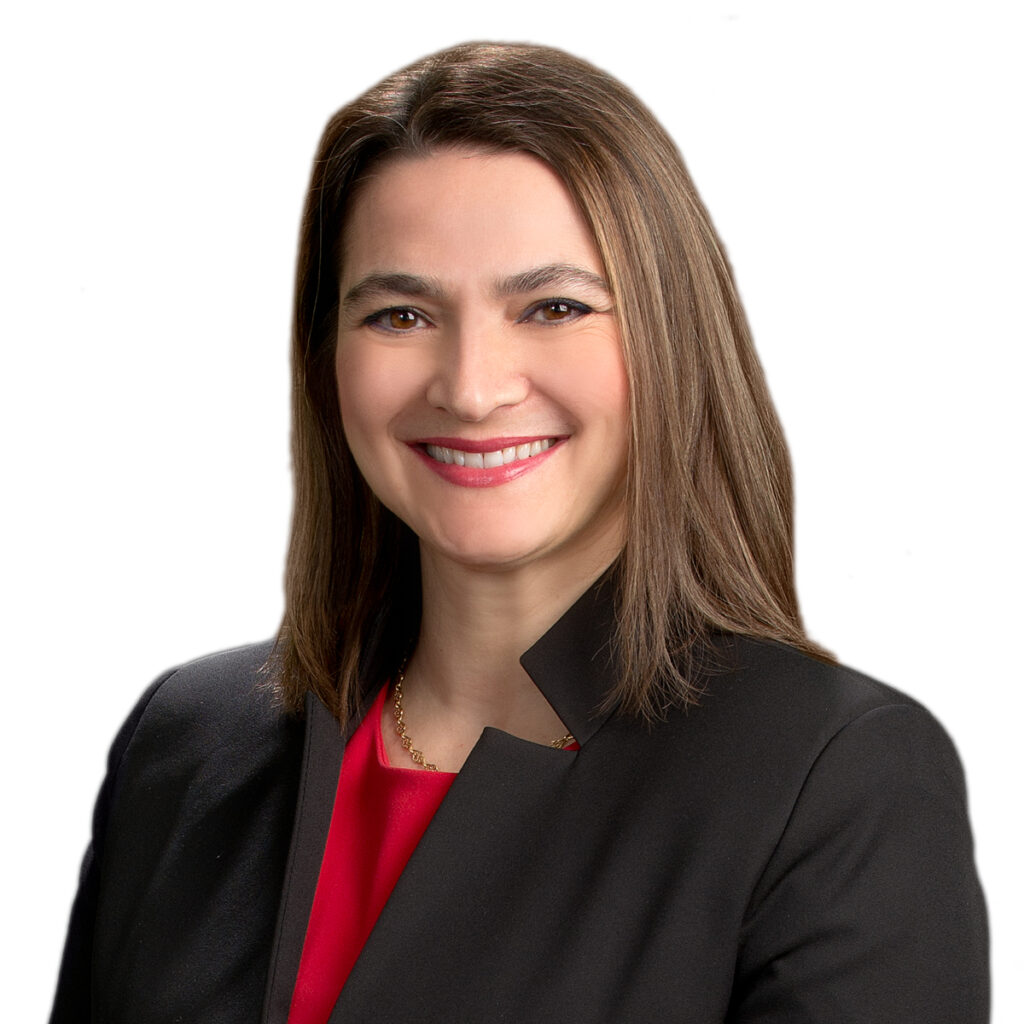
Pina D’Agostino
YRC in Intellectual Property, Artificial Intelligence and Emerging Technologies
Pina D’Agostino, Osgoode Hall Law School, is an associate professor of law and director of Connected Minds. As a YRC, D’Agostino will explore the role of intellectual property law in society’s increased adoption of emerging technologies, like artificial intelligence (AI), and the potential benefits and harms of a technology-driven society.
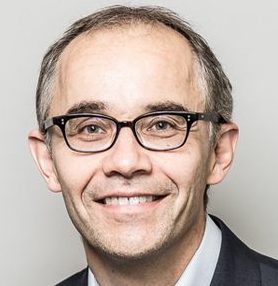
James Elder
YRC in Human and Computer Vision
James Elder has received a Tier 1 York Research Chair in Human and Computer Vision. Elder is a member of the Centre for Vision Research and a professor in the Departments of Electrical Engineering and Computer Science and Psychology at York University, and is appointed as a joint Lassonde School of Engineering/Faculty of Health Tier I Chair. His research interests include the development of novel and useful computer vision algorithms and machine vision systems through a better understanding of visual processing in biological systems.
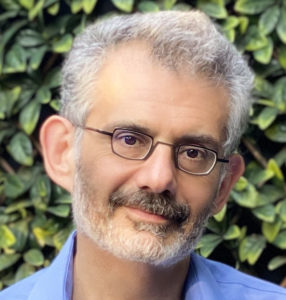
Ilijas Farah
YRC in Foundations of Operator Algebras
Ilijas Farah, Faculty of Science, has been bestowed a York Research Chair in Foundations of Operator Algebras. Farah singlehandedly developed the field of the applications of logic to operator algebras, revealing deep and unexpected connections between the foundations of mathematics and some of the most concrete and ubiquitous mathematical objects. A top researcher in both of these hitherto unrelated subjects, he was invited to speak at the International Congress of Mathematicians. He was also fortunate to supervise some spectacularly talented PhD students.

Lorne Foster
YRC in Black Canadian Studies and Human Rights
Lorne Foster, Faculty of Liberal Arts & Professional Studies, is the Director of the Institute for Social Research and the Director of the Diversity & Human Rights Certificate, the first academic-industry human rights training partnership. His trailblazing work on public policy formation and scholarship on the human rights approach to inclusive organizational change ranks among the best in its field. This work has consistently helped to open doors to new scholarly explorations.

Stephen Gaetz
YRC in Homelessness and Research Impact
Stephen Gaetz, Faculty of Education, was awarded the York Research Chair in Homelessness and Research Impact. He is the director of the Canadian Observatory on Homelessness, the Homeless Hub, and Making the Shift – Youth Homelessness Social Innovation Lab. He has a long-standing interest in understanding homelessness – its causes, how it is experienced and potential solutions. His research is defined by his desire to ‘make research matter’ through working in collaboration with partners to conduct and mobilize research so as to have an impact on policy and practice.
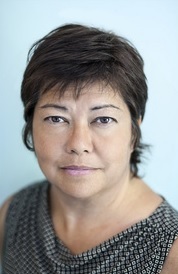
Kerry Kawakami
YRC in Equity and Diversity
Kerry Kawakami, Faculty of Health, is Principal Investigator of the Social Cognition Lab, which investigates a variety of social categorization processes using diverse methodologies. Her pioneering work on implicit biases provides insight into how we perceive people from different social groups, how we react to intergroup bias, and strategies to reduce prejudice, stereotyping and discrimination.
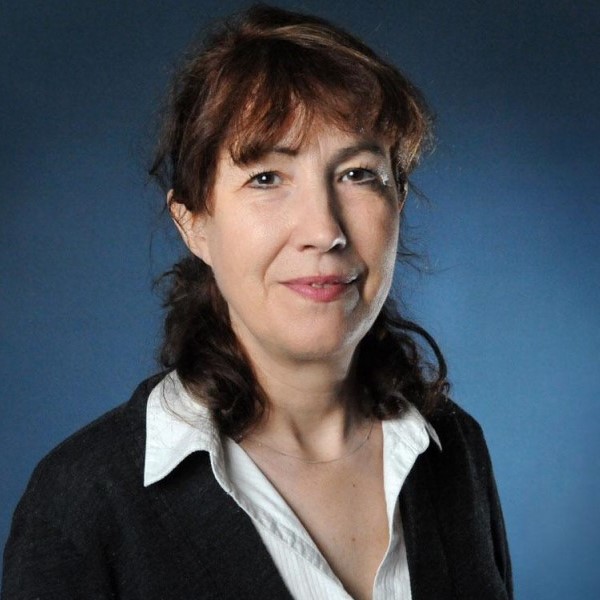
Janine Marchessault
YRC in Media Arts in Community Engagement
Janine Marchessault, Department of Cinema and Media Studies, School of Arts, Media, Performance & Design, was awarded a Tier 1 York Research Chair in Media Arts and Community Engagement. Marchessault held the Canada Research Chair in Art, Digital Media and Globalization (2003-2013). She was the co-founder of Future Cinema Lab and the inaugural Director of Sensorium: Centre for Digital Arts and Technology Research at York University. In 2018, she won a $2+ million Partnership grant from the Social Sciences and Humanities Research Council of Canada for “Archive/Counter-Archive: Activating Canada’s Moving Image Heritage,” which involves 43 co-applicants and has collaborators from Canada and across the globe.
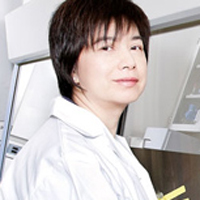
Chun Peng
YRC in Women's Reproductive Health
Chun Peng, Faculty of Science, had her York Research Chair in Women’s Reproductive Health renewed. Peng’s long-term goal for her research program is to understand the regulation of female reproduction and the mechanisms underlying the development of ovarian cancer and preeclampsia. Her research will enhance the overall understanding of female reproductive health and may lead to the development of novel biomarkers for preeclampsia and therapeutics for ovarian cancer.
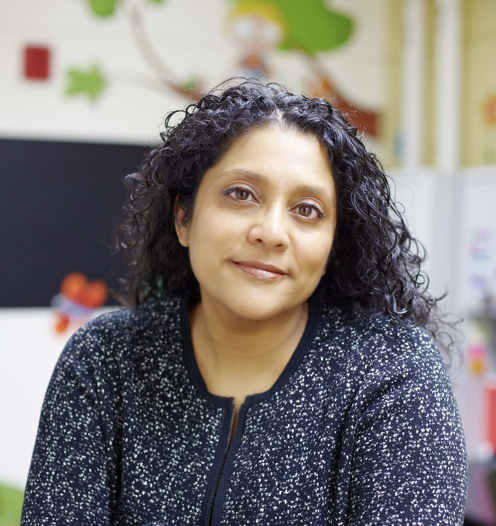
Rebecca Pillai Riddell
YRC in Pain and Mental Health
Rebecca Pillai Riddell was awarded the York Research Chair in Pain and Mental Health. Dr. Pillai Riddell's interest in the caregiver-child relationship began as an undergraduate student at York University and has continued through her graduate research training career. She currently is involved with two primary lines of research and participates in the leadership of other programs with colleagues from across the country. Her newest program of research takes an innovative step forward in the exploration of using artificial intelligence to move the practice of infant pain assessment forward. Building on over a decade of research with healthy infants in pain and their parents, Dr. Pillai Riddell has turned her focus to understanding the pain response of preterm infants in the Neonatal Intensive Care Units.
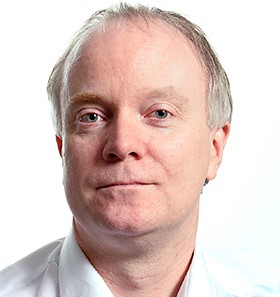
Gary Sweeney
YRC in Mechanisms of Cardiometabolic Diseases
Gary Sweeney, Department of Biology, Faculty of Science, was awarded a Tier 1 York Research Chair in Mechanisms of Cardiometabolic Diseases. Sweeney is an expert on diabetes and cardiovascular disease. His work focuses on understanding mechanisms of cardiometabolic diseases, such as heart failure, and is designed to advance knowledge that will facilitate our fundamental understanding of causes of these diseases. Thus, his research will result in informed decision-making and improved health care. His research is supported by the Canadian Institutes of Health Research, the Natural Sciences and Engineering Research Council of Canada (NSERC) and the Heart and Stroke Foundation.
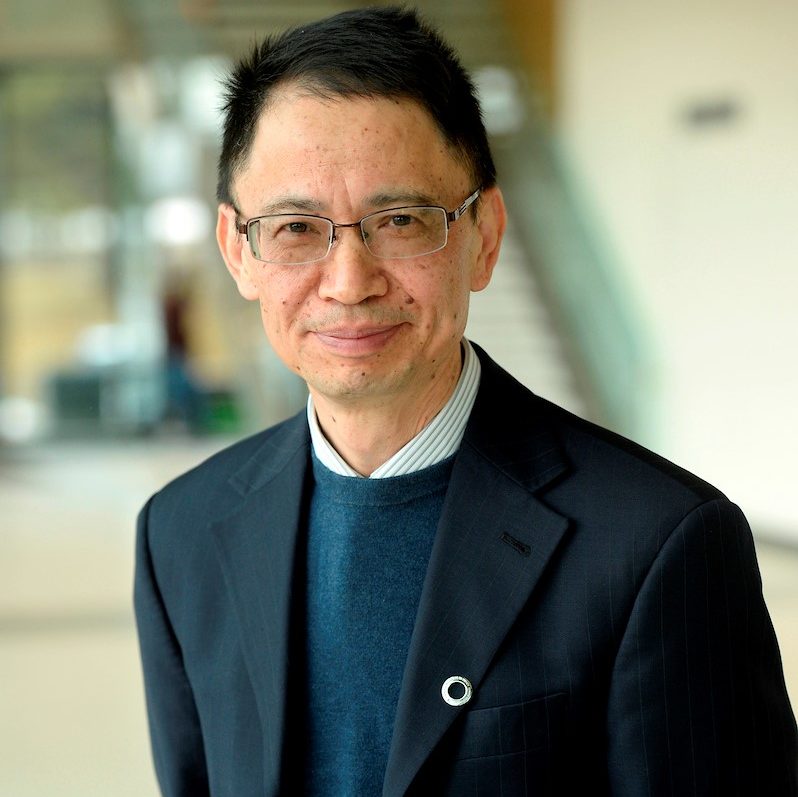
Jianhong Wu
YRC in Industrial and Applied Mathematics
Jianhong Wu, Faculty of Science, is an expert in dynamical systems, disease modelling and vaccine evaluation. His YRC program aims, in part, to understand biological and physical systems wherein predation occurs. The research will contribute to the University’s growing capacities in disaster and emergency management and in AI research.
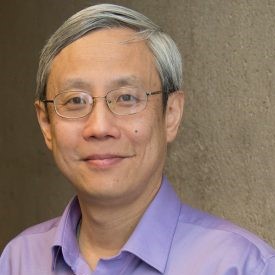
Jimmy Huang
YRC in Big Data Analytics
Jimmy Huang, School of Information Technology, Faculty of Liberal Arts & Professional Studies, has received Tier 1 York Research Chair in Big Data Analytics. His major research focuses on developing next-generation information retrieval techniques for a variety of information search applications. His work has been largely involved in extracting knowledge via automatically searching and analyzing big textual, medical and social media data.
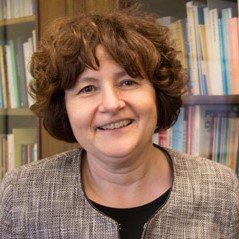
Marie-Christine Pioffet
YRC in Franco-Indigenous Relations in the Americas
Marie-Christine Pioffet, Glendon College, was awarded a Tier 1 York Research Chair in Franco-Indigenous Relations in the Americas. Her work mainly focuses on texts from New France and French literature of the 17th century. She has published around a hundred articles and about ten books, including Voyages en Acadie (1604-1607) by Marc Lescarbot (2007).

Robert Allison
YRC in Stereoscopic Vision and Depth Perception
Robert Allison, Lassonde School of Engineering, was awarded a Tier 1 York Research Chair in Stereoscopic Vision and Depth Perception. His research is interested in human perceptual responses in virtual environments and the study of stereoscopic visions. He is also interested in the measurement and analysis of eye movements and the applications of this technology.
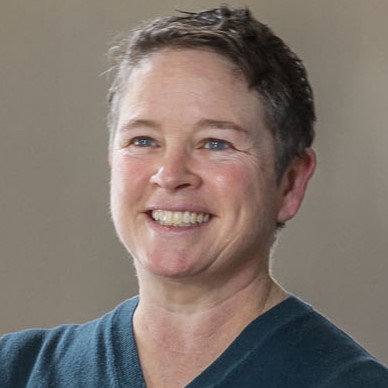
Lauren Sergio
YRC in Brain Health and Gender in Action
Lauren Sergio, Faculty of Health, was awarded a Tier 1 York Research Chair in Brain Health and Gender in Action. Her research projects examine the effects of age, sex, neurological disease, head injury and experience (elite versus non-elite athletes) on the brain’s control of complex movement. Dr. Sergio works with a wide range of adult populations, including NHL draft prospects and Alzheimer’s disease patients, using behavioural and brain imaging techniques.

George Zhu
YRC in Space Robotics and Artificial Intelligence
George Zhu, Lassonde School of Engineering, is a professor of mechanical engineering and director of the Space Engineering Design Laboratory. Zhu aims to develop swarm robotics technology through his YRC program. This technology involves a group of robots working together to autonomously clean up space debris in Earth orbits, which can negatively affect space exploration and satellite safety.
Tier II Chairs
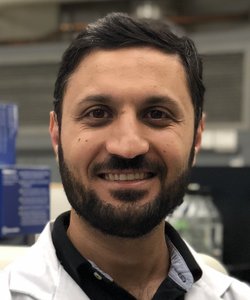
Ali Abdul-Sater
YRC in Regulatory Mechanisms of Inflammation
Ali Abdul-Sater, Faculty of Health, was awarded the York Research Chair in the Regulatory Mechanisms of Inflammation. He is interested in identifying novel regulators of inflammation and understanding how these regulators control immunity and the inflammatory response. He is pursuing several avenues of research: the roles of the protein TRAF1 in controlling inflammatory and autoimmune diseases; the role of Type I interferons (proteins made in response to the presence of viruses) in bacterial and viral responses; and how exercise regulates the immune response.
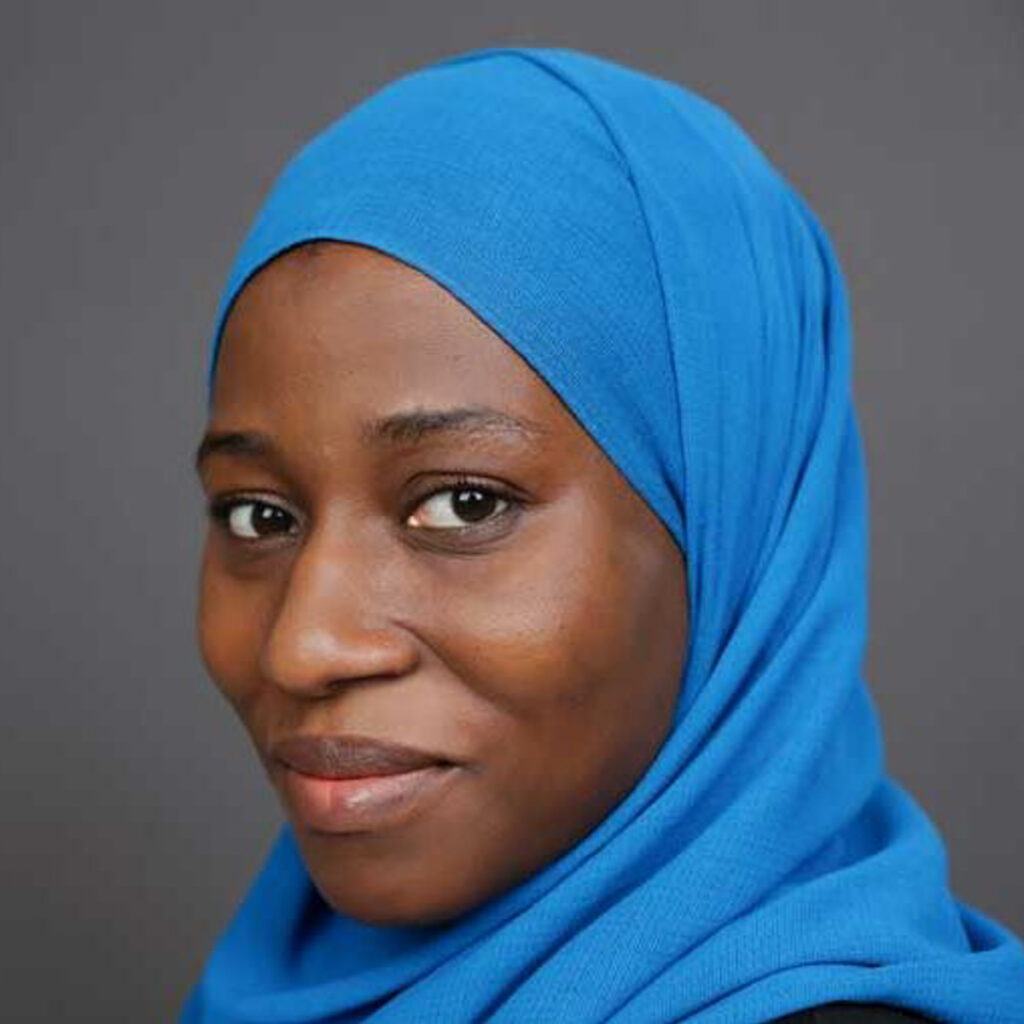
Rabiat Akande
YRC in Law and the Histories of Empire
Rabiat Akande, Osgoode Hall Law School, will conduct research that examines how 19th- and 20th-century colonial powers governed racial and religious difference and explores the living legacies of that history. Her YRC program seeks to advance the understanding of the law’s role in European imperialism.
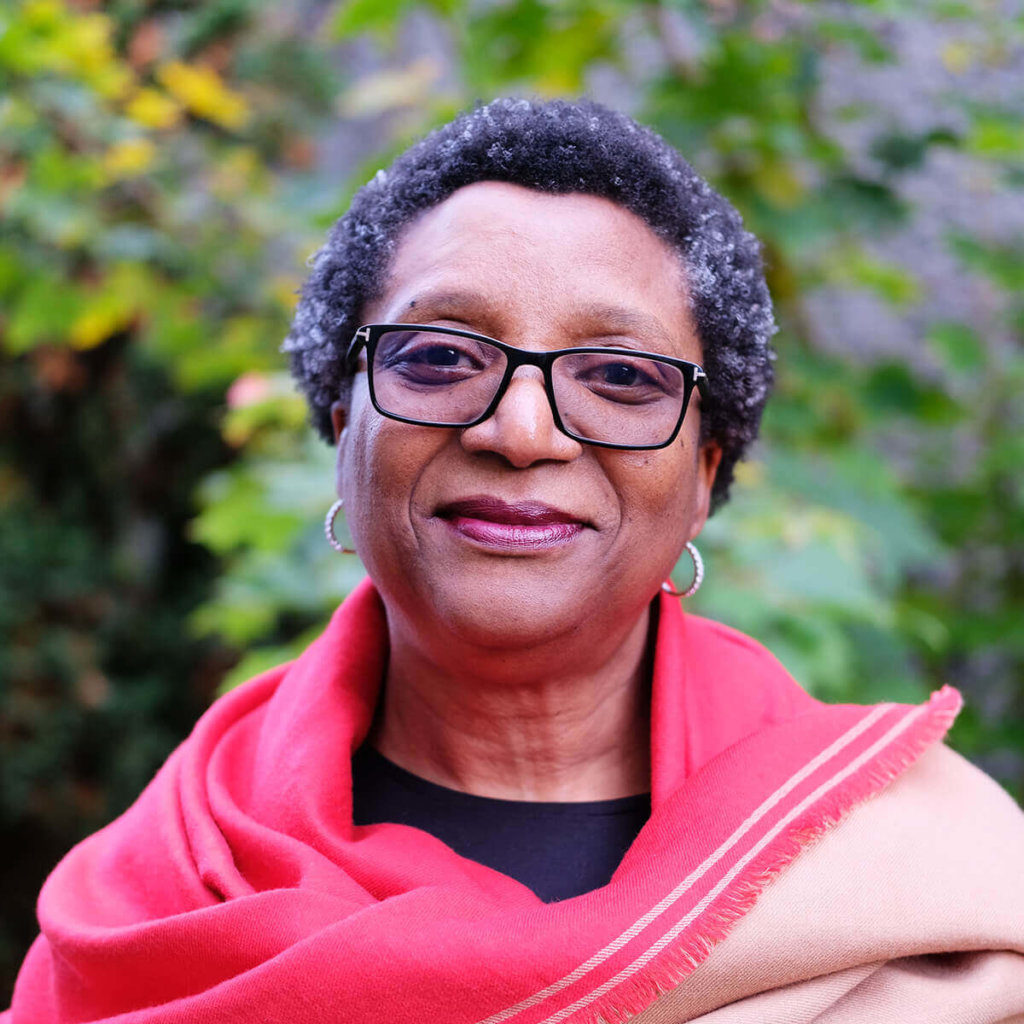
Uzo Anucha
YRC in Youth and Contexts of Inequity
Uzo Anucha, School of Social Work, Faculty of Liberal Arts & Professional Studies, was awarded a Tier 2 York Research Chair in Youth and Contexts of Inequity. Anucha conceptualizes her research as a community dialogue centred on equitable collaborations with community stakeholders during the research process. She is the Provincial Academic Director of the Youth Research and Evaluation eXchange (YouthREX), a multi-million investment by the Ontario government. YouthREX makes research evidence and evaluation practices accessible to Ontario’s grassroots youth sector through capacity building, knowledge exchange and evaluation leadership. YouthREX is an innovative knowledge hub for the Ontario youth sector.
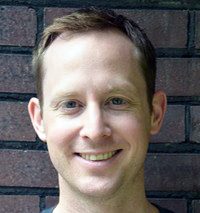
Jacob Beck
YRC in Philosophy of Visual Perception
Jacob Beck has received a Tier 2 York Research Chair in Philosophy of Visual Perception. Beck is an associate professor of philosophy in the Faculty of Liberal Arts & Professional Studies, and is also a member of the Cognitive Science Program, the Centre for Vision Research and the Vision: Science to Applications (VISTA) program. Appointed as a Tier II Chair, he has research interests that include the study of mental representation and consciousness from an empirically informed philosophical perspective. Most of his current research centres on three issues: the format of mental representation, the perception–cognition boundary, and how consciousness and representation interrelate.
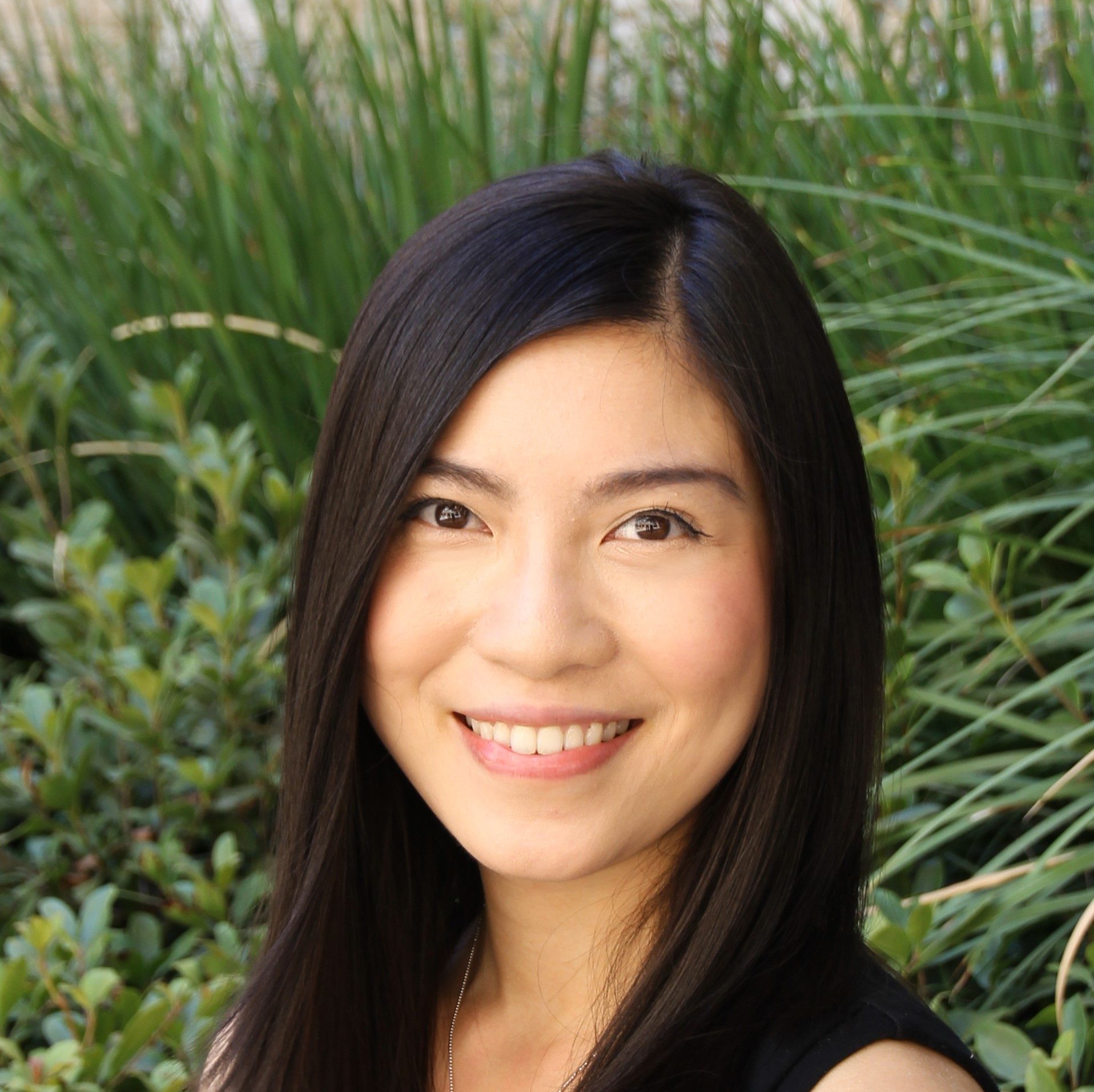
Joey Cheng
YRC in Leadership, Collaboration, and Teams
Joey Cheng, Faculty of Health, examines the psychological underpinnings of power, status, and social hierarchy. During her YRC term, she will conduct empirical investigations into gender disparities in power and leadership, thereby addressing ways to overcome barriers to women’s position in work teams, organizations, and society.
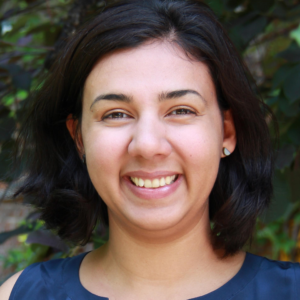
Sheila Colla
YRC in Interdisciplinary Conservation Science
Sheila Colla, Faculty of Environmental Studies, was bestowed the York Research Chair in Interdisciplinary Conservation Science. She is an ecologist using scientific principles to address real-world conservation issues. Her research focuses on the conservation of lesser understood native species such as bees, butterflies and flowering plants. She works closely with environmental NGOs, landowners, academic partners and government agencies to implement conservation management based on the best available science. She wants her research to inform relevant environmental and agricultural policy.

Mike Daly
YRC in Planetary Science
Mike Daly, Department of Earth and Space Science and Engineering, Lassonde School of Engineering, was awarded a Tier 2 York Research Chair in Planetary Science in recognition of his outstanding contribution to space-flight instrumentation research at York. The York Research Chair will enable Daly’s participation in NASA’s OSIRIS-REx mission to the near-Earth asteroid Bennu and the return of Canada’s first sample of material from another solar system.
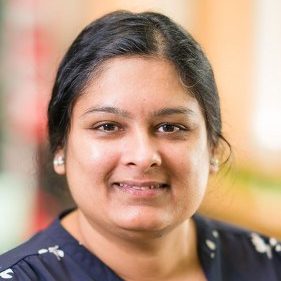
Shital Desai
YRC in Accessible Interaction Design
Shital Desai, design department in the School of the Arts, Media, Performance & Design, pursues UN Sustainable Development Goals through design research methods such as Human Centred Design, Systems Design and Speculative Design. Her YRC research will undertake codesign and development efforts with People with Dementia, caregivers, healthcare practitioners and community partners. Using a Research through Design (RtD) process, this program will drive pivotal real-world advances in interactive prompting, with a view to the eventual development of whole new assistive/prompting systems..
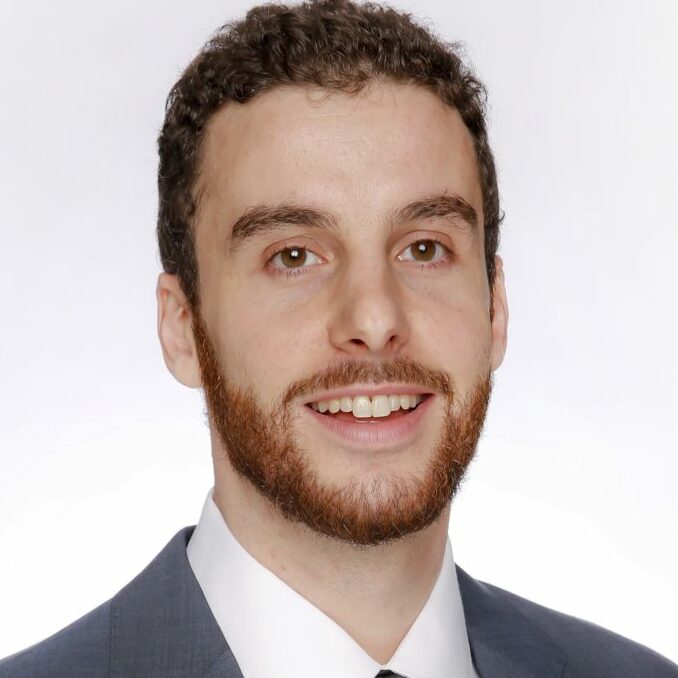
Adam Diamant
YRC in Managing AI-Driven Technologies in Health Care
Adam Diamant, Schulich School of Business, uses sophisticated analytics techniques to study and develop new operational processes in health care management. During his YRC term, Adam will work towards the development of artificial intelligence tools that support the optimization of personalized diagnostics and the delivery of outpatient services. This work promises to improve the delivery of health services by better understanding the interplay between operational efficiency and care quality, reducing barriers to accessing care and empowering practitioners to make data-driven administrative decisions.
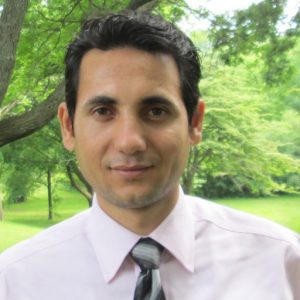
Hany Farag
YRC in Integrated Smart Energy Grids
Hany Farag, Department of Electrical Engineering & Computer Science, Lassonde School of Engineering, was awarded a Tier 2 York Research Chair in Integrated Smart Energy Grids. Farag has research interests including the integration of renewable generation, energy storage and electric vehicles, renewable hydrogen and natural gas, and smart grids. Since joining York, Farag has secured over $500,000 in funding from NSERC and power utilities. He led the development of teaching and research laboratories in the new Electrical Engineering program, worth $2 million. He received an Early Researcher Award from the Ministry of Research, Innovation and Science in 2018.
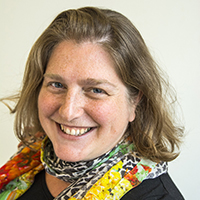
Sarah Flicker
YRC in Community-Based Participatory Research
Sarah Flicker, Faculty of Environmental Studies, was awarded the York Research Chair in Community-Based Participatory Research. She is an expert in community development, health promotion and adolescent well-being. Flicker’s innovative program of research focuses on the engagement of youth and other allied actors in environmental, sexual and reproductive justice. She works across methodologies using participatory approaches for social change.
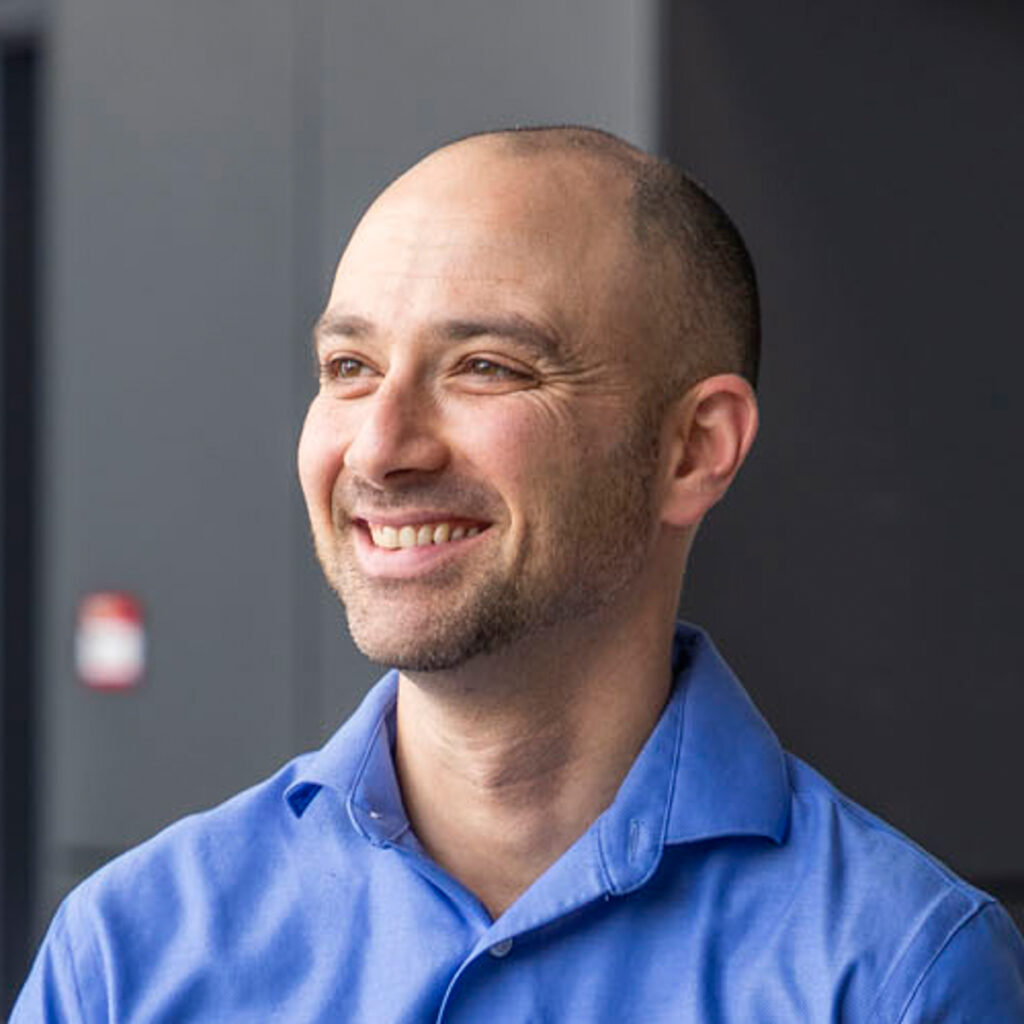
Erez Freud
YRC in Visual Cognitive Neuroscience
Erez Freud, Faculty of Health, will investigate the developmental brain processes that enable tasks such as hand movement and grasping in children. His research will examine how these processes might differ in children with autism, providing new insights into brain specialization.
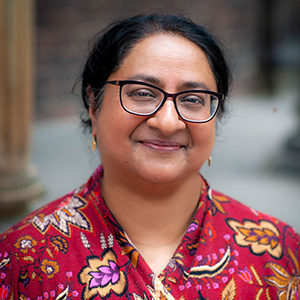
Eve Haque
YRC in Linguistic Diversity and Community Vitality
Eve Haque, Faculty of Liberal Arts & Professional Studies, was awarded the York Research Chair in Linguistic Diversity and Community Vitality. She has research and teaching interests that include multiculturalism, white settler colonialism and language policy, with a focus on the regulation and representation of racialized groups in white settler societies. Her current research focus is on the recognition and language rights of non-official language communities in Canada. She is also the author of Multiculturalism Within a Bilingual Framework: Language, Race and Belonging in Canada.

Lyndsay Hayhurst
YRC in Sport, Gender and Development and Digital Participatory Research
Lyndsay Hayhurst, Faculty of Health, researches sport, gender and development (SGD) – or the use of sport to support gender-related development goals, policies and practice. Her current SSHRC- and CFI-funded research explores how key stakeholders experience SGD initiatives focused on girls and women in Canada, Uganda and Nicaragua using digital participatory research strategies. Her goal is to re-envision new, community-oriented and socially just approaches to SGD initiatives.
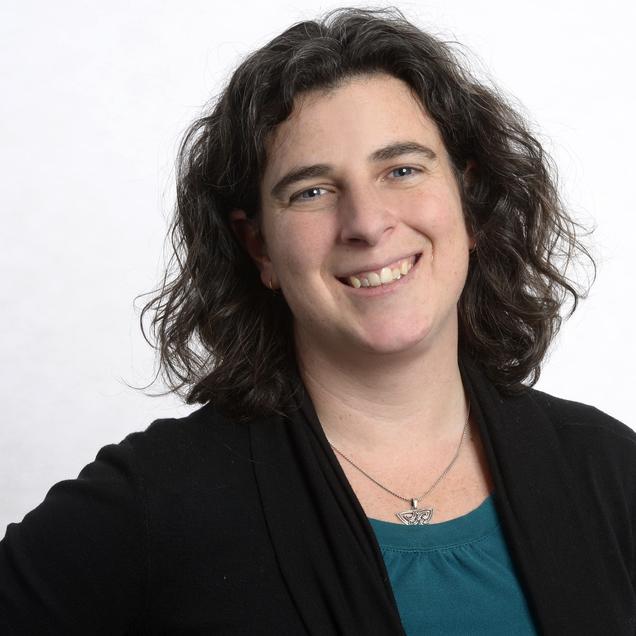
Jane Heffernan
YRC in Mathematics of Immunity and Infectious Disease
Jane Heffernan, Faculty of Science, has a body of work in the field of infectious-disease modelling. In her YRC research program, she will develop models of immunity against infection, both in individuals and in populations, which can be used to quantify distributions of immunity and its protective effects. Ultimately, the results of the work will serve to inform public health decision-making for mitigation and vaccination policies to combat infectious diseases, with particular emphasis on COVID-19 and influenza.

Ryan Hili
YRC in Molecular Evolution
Ryan Hili, Department of Chemistry, Faculty of Science, was awarded a Tier 2 York Research Chair in Molecular Evolution. Hili’s research interests focus on using DNA to program and encode the synthesis of molecular libraries ranging from small molecules to synthetic biopolymers. By using the principles of Darwinian evolution, his lab can evolve these molecular libraries for desired function, yielding small molecule drugs to treat human disease or antibody mimetics for use in medical diagnostics. Hili received an Early Researcher Award from the Ministry of Research, Innovation and Science to build a research team in 2018.
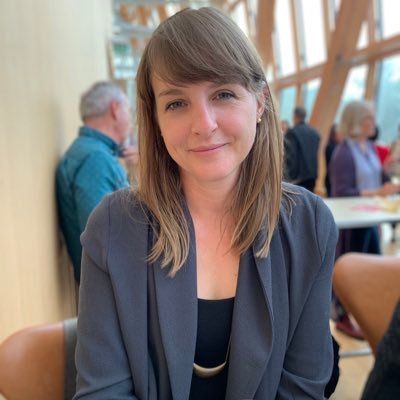
Emily Laxer
YRC in Populism, Rights, and Legality
Emily Laxer, Glendon College, will undertake research that promises to shed much-needed light on the relationship between emerging right-wing populism and the changing landscape of rights and legality in Canada. Her activities will include the launching of a new Observatory of Populism, Rights, and Legality, a major innovation that will position the University as an international hub connecting researchers with policymakers and advocacy groups concerned with understanding the legal implications of right-wing populism in Canada and beyond.

Sean Hillier
YRC in Indigenous Health Policy and One Health
Sean Hillier, Faculty of Health, is a Mi’kmaw scholar and a special adviser to the Dean on Indigenous Resurgence. His collaborative research program spans the topics of aging, living with HIV and other infectious diseases, and antimicrobial resistance, all with a concerted focus on policy affecting health care access for Indigenous Peoples in Canada. Hillier has been successful in receiving funding from each of the three federal granting agencies, with more than 10 external grants.

Jack Jiang
YRC in Software Engineering for Foundation Model-Powered Systems
Jack Jiang, Lassonde School of Engineering, will use his YRC position to develop advanced engineering tools and processes aimed at facilitating the construction and enhancing the quality and trustworthiness of various generative AI systems like ChatGPT and Copilot.
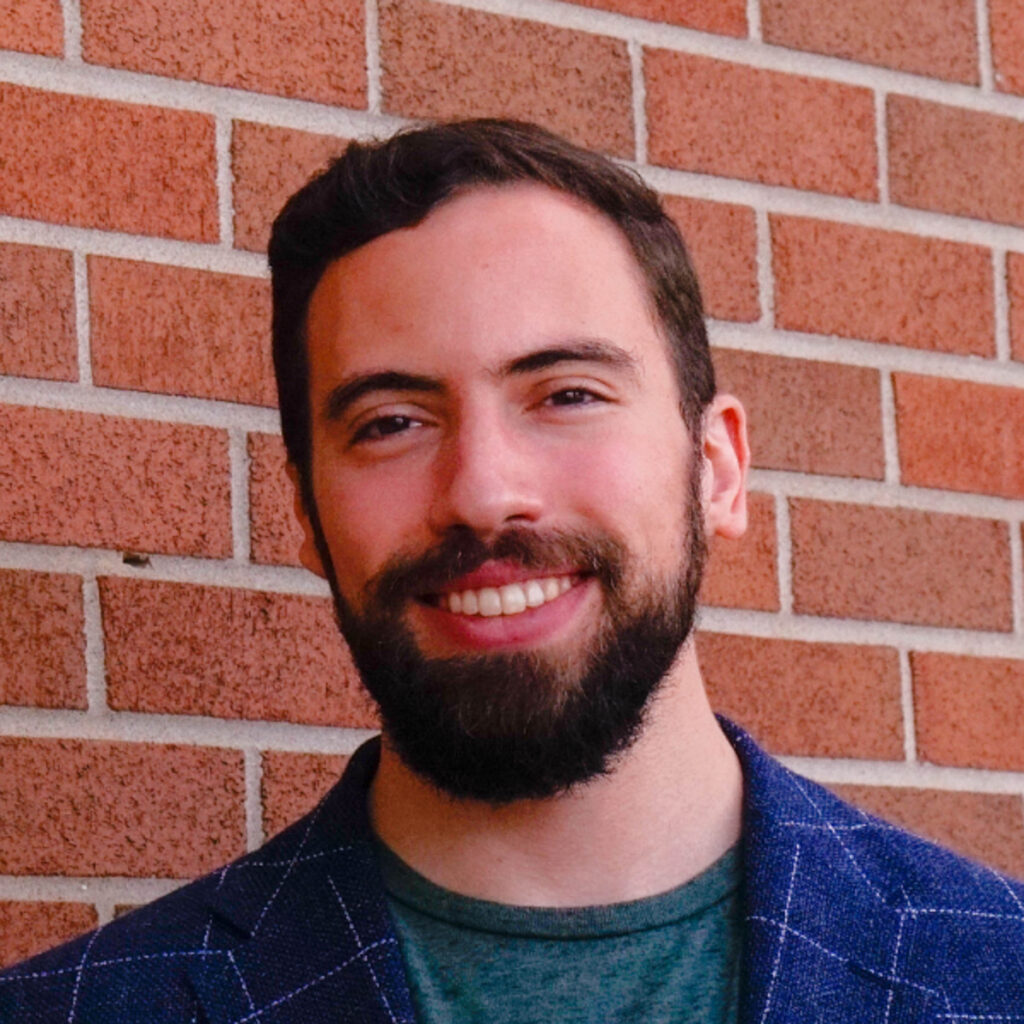
Kevin Lande
YRC in Philosophy of Representation
Kevin Lande, Faculty of Liberal Arts & Professional Studies, explores how the mind works, arguing that humans’ creative ability to combine simple ideas to create more complex ones extends beyond thought and language.
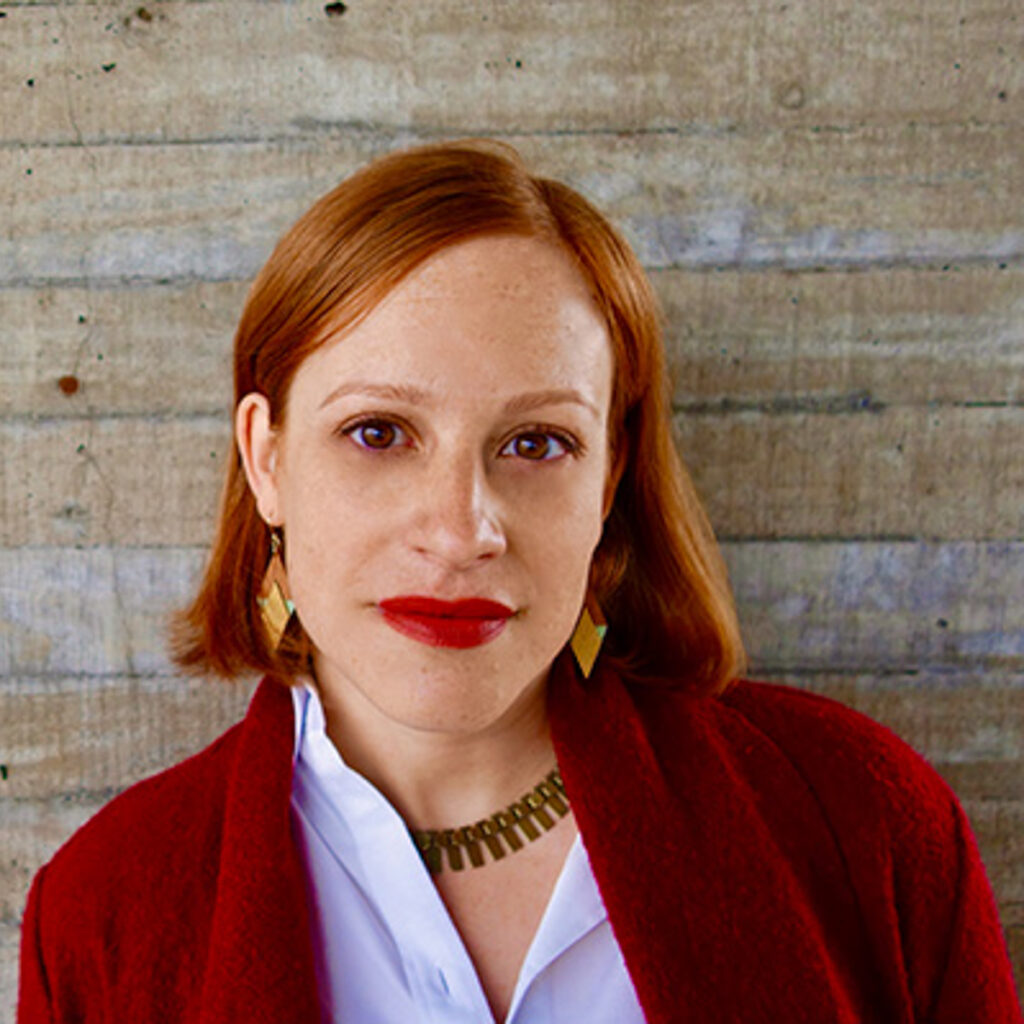
Laura Levin
YRC in Art, Technology and Global Activism
Laura Levin, School of the Arts, Media, Performance & Design, explores the artistic use of emerging technologies, like extended reality and AI, to address growing political polarization and misinformation and to develop imaginative methods for bridging political divides.
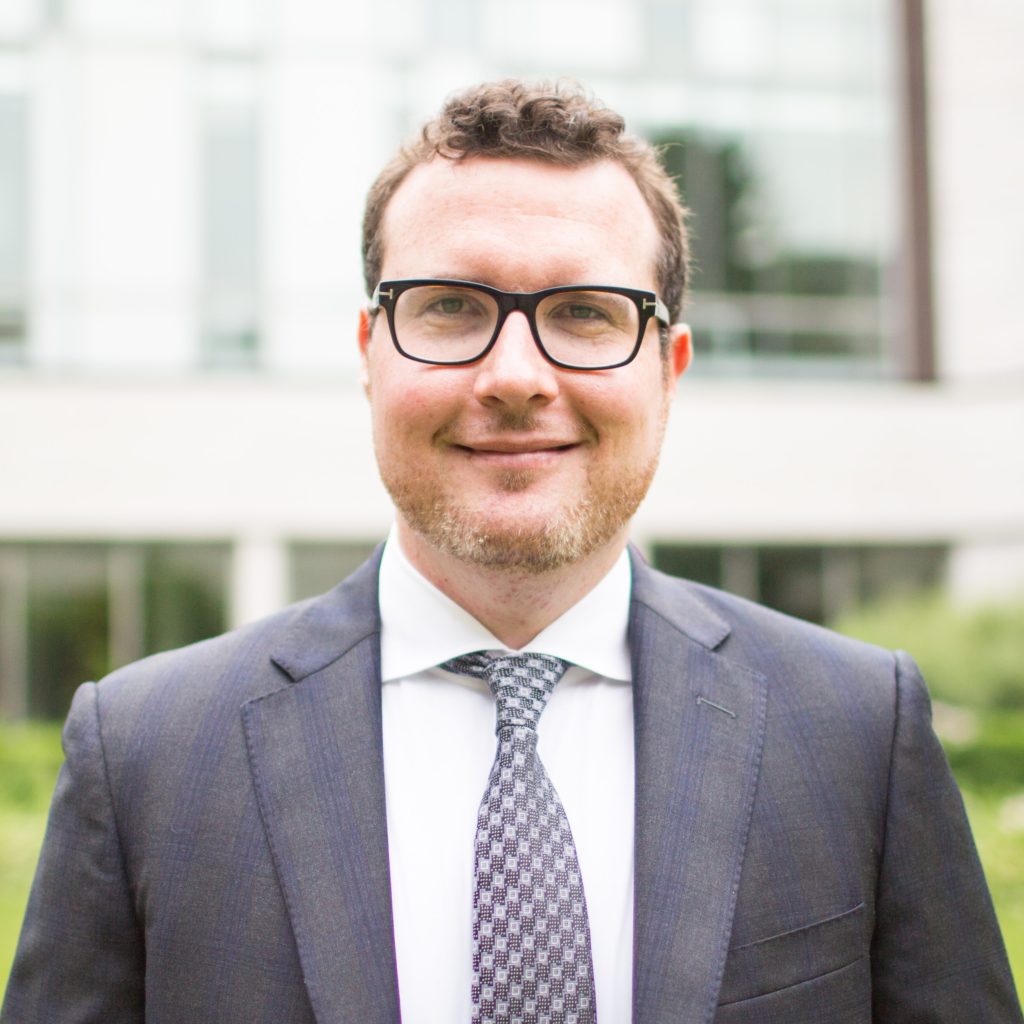
Brent Lyons
YRC in Stigmatization and Social Identity
Brent Lyons, Schulich School of Business, was awarded a Tier 2 York Research Chair in Stigmatization and Social Identity. Lyons studies stigma in organizations and how individuals with stigmatized social identities, such as disability, navigate their work and interpersonal relationships to reduce consequences of stigmatization. He has published his work in numerous journals, such as Academy of Management Review, the Journal of Applied Psychology and the Journal of Management. He serves on various editorial boards, including that of the Journal of Applied Psychology and Organizational Behavior and Human Decision Processes.
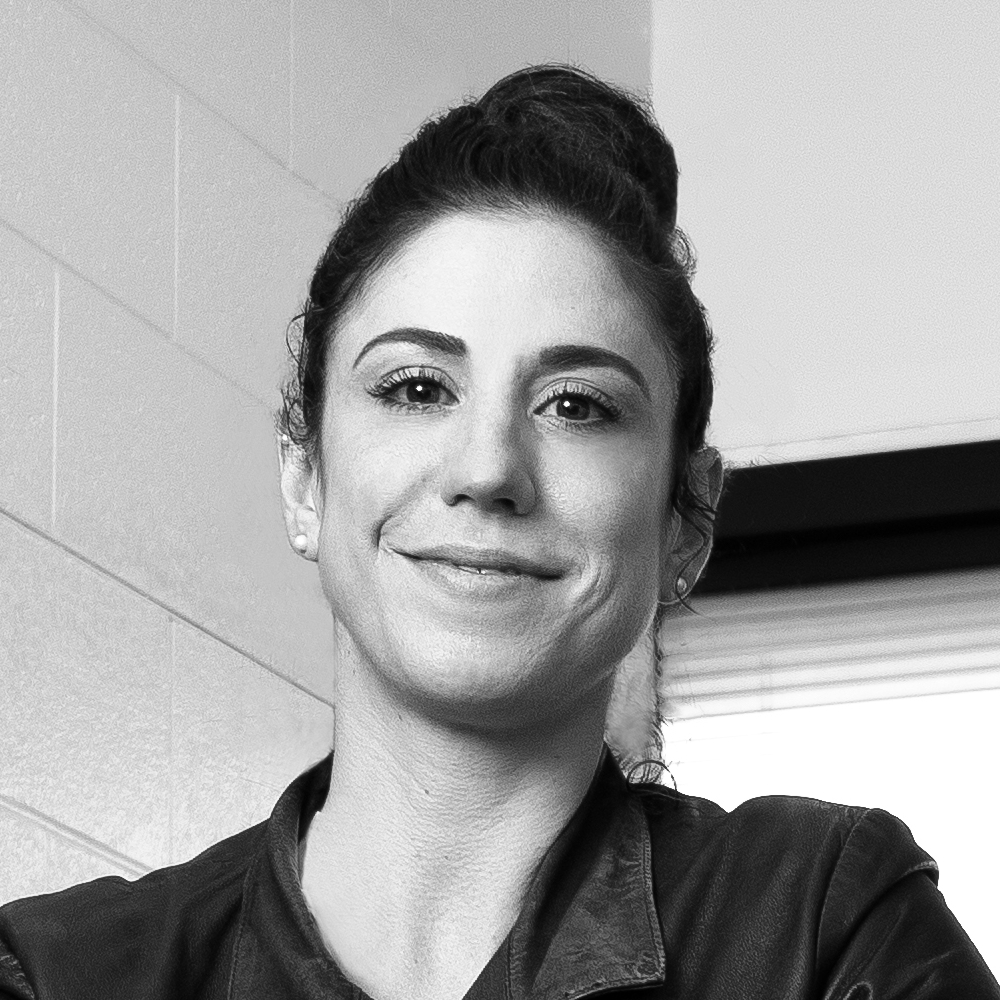
Ozzy Mermut
YRC in Vision Biophotonics
Ozzy Mermut, Faculty of Science, is a biophysicist harnessing the power of light to study human aging. Her group develops diagnostics and therapeutic biophotonics technologies to address age-related degenerative diseases. These techniques translate to accelerated aging studies in the environment of space, to understand long-term health consequences in space. This is a VISTA York Research Chair; Mermut is a core member of the Vision: Science to Applications (VISTA) program.
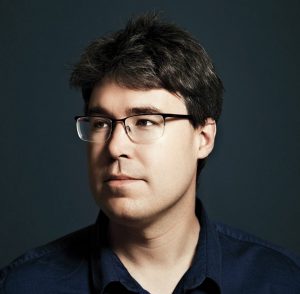
John Moores
YRC in Space Exploration
John Moores, Department of Earth and Space Science Engineering, Lassonde School of Engineering, was awarded a Tier 2 York Research Chair in Space Exploration. Moores is an internationally recognized planetary scientist and space engineer whose research explores the atmospheres and surfaces of other worlds. His research group has been a member of the science and operations teams of five ESA and NASA space missions to Mars and Titan, and has been awarded the NASA group achievement award on 16 occasions. Moores has published 63 papers garnering more than 4,950 citations. He was elected as a Member of the College of New Scholars in the Royal Society of Canada in 2018.
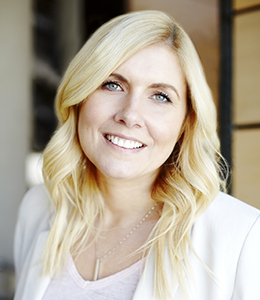
Amy Muise
YRC in Relationships and Sexuality
Amy Muise, Faculty of Health, tests high-quality listening and leverages interdependence in romantic relationships to combat sexism and reduce harmful gender-based attitudes.

Carmela Murdocca
YRC in Reparative and Racial Justice
Carmela Murdocca, Faculty of Liberal Arts & Professional Studies, examines racialization, criminalization and social histories of racial and colonial violence. Her work is concerned with the social and legal politics of repair, redress and reparations. She has been a Fulbright Scholar and Visiting Fellow at the Center for the Study of Law and Culture at the School of Law and the Center for Ethnicity and Race at Columbia University.
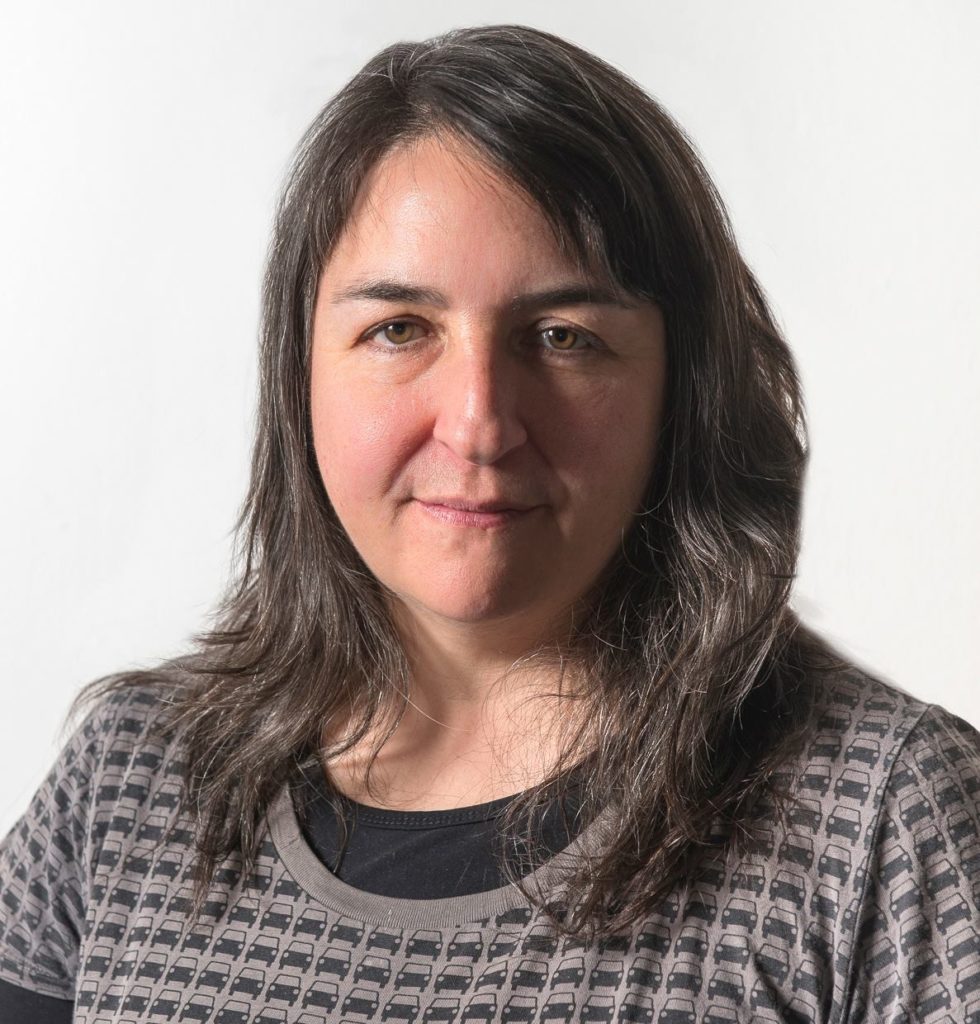
Lisa Myers
YRC in Indigenous Art and Curatorial Practice
Lisa Myers, Faculty of Environmental and Urban Change, is a curator and artist with a keen interest in interdisciplinary collaboration. Her research focuses on contemporary Indigenous art considering the varied values and functions of elements, such as medicine plants and language, sound, and knowledge. Through many media and materials, including socially engaged art approaches, her art practice examines place, underrepresented histories/present/futures, and collective forms of knowledge exchange.
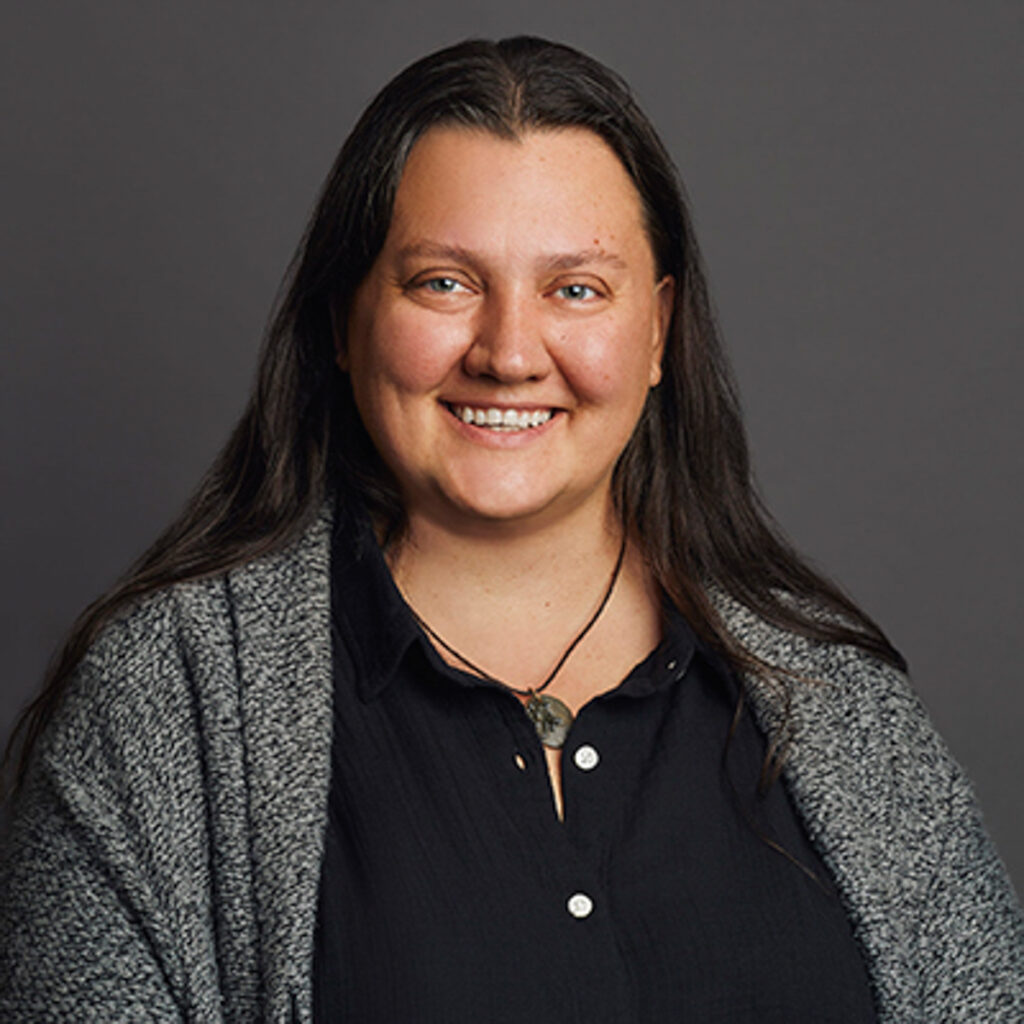
Sandra Rehan
YRC in Molecular Ecology and Behavioural Genetics
Sandra Rehan, Faculty of Science, researches the evolution of bees and their role in biodiversity. As a YRC, Rehan will employ advanced DNA technology to investigate bee behaviour and genetics.
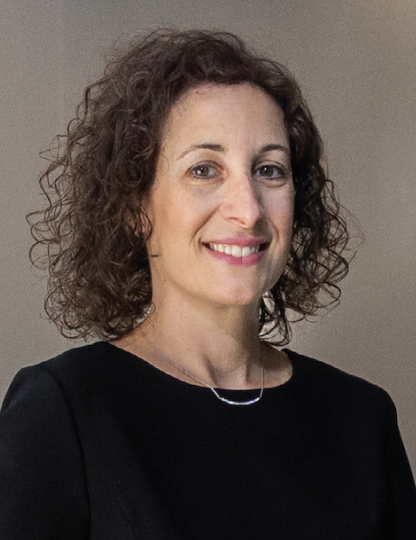
R. Shayna Rosenbaum
YRC in the Cognitive Neuroscience of Memory
Shayna Rosenbaum, Faculty of Health and core member of the Vision: Science to Applications (VISTA) program, had her York Research Chair in the Cognitive Neuroscience of Memory renewed. An elected member of the College of the Royal Society of Canada, she has shown how different forms of memory are represented in the brain. She seeks to develop strategies to help healthy older adults and patients overcome memory loss.
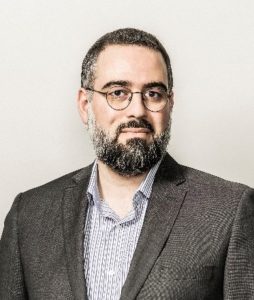
Ali Sadeghi-Naini
YRC in Quantitative Imaging and Smart Biomarkers
Ali Sadeghi-Naini, Lassonde School of Engineering, was awarded the York Research Chair in Quantitative Imaging and Smart Biomarkers. He is an emerging leader in multi-disciplinary research at the intersection of AI, biomedical engineering, biophysics and oncology. His seminal studies demonstrated, for the first time, that quantitative ultrasound biomarkers at low frequencies can detect cell death induced by anti-cancer therapies. He seeks to develop quantitative imaging and biomarker technologies integrated with innovative machine learning and computational modeling techniques for precision medicine and personalized therapeutics.
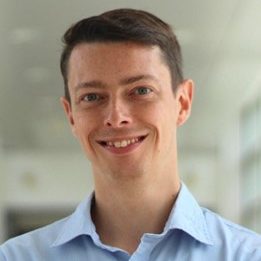
Mathieu Poirier
YRC in Global Health Equity
Dr. Poirier is building an innovative interdisciplinary research program to promote global health equity through two primary objectives. First, his research will contribute to the potential development of a new international law to govern pandemics and antimicrobial resistance (AMR) by establishing global legal epidemiology as a scientific approach to evaluating and improving international treaties, policies, and norms. Two projects that will contribute to this objective include a systematic review of international law and a series of works evaluating the effectiveness and equity of global tobacco control. Second, the proposed research will advance the use of rigorous methods to measure socioeconomic status and health inequities around the world to improve the design and implementation of policies at local, national, and international levels. Two projects that will contribute to this objective include research on socioeconomic status metrics and a new project evaluating urban COVID-19 inequities in Latin America and the Caribbean. Taken together, this research program will generate policy-relevant findings to measure and address socially determined inequities in health around the world and innovate new ways to address the world’s most pressing global health challenges.

Valérie A.M. Schoof
YRC in Primate Behavioural Endocrinology
Valérie A.M. Schoof, Glendon Campus, was bestowed the York Research Chair in Primate Behavioural Endocrinology. She is a primatologist whose research program, funded by the Natural Sciences and Engineering Research Council of Canada and New Frontiers in Research Fund, focuses on the ecology, sociality, physiology and life history of wild primates in East Africa, and the biological, geographical and cultural factors influencing human-wildlife interactions. She is also the director of the Primate Behavioural Endocrinology Lab, recently funded by Canada Foundation for Innovation and the Ontario Research Fund.
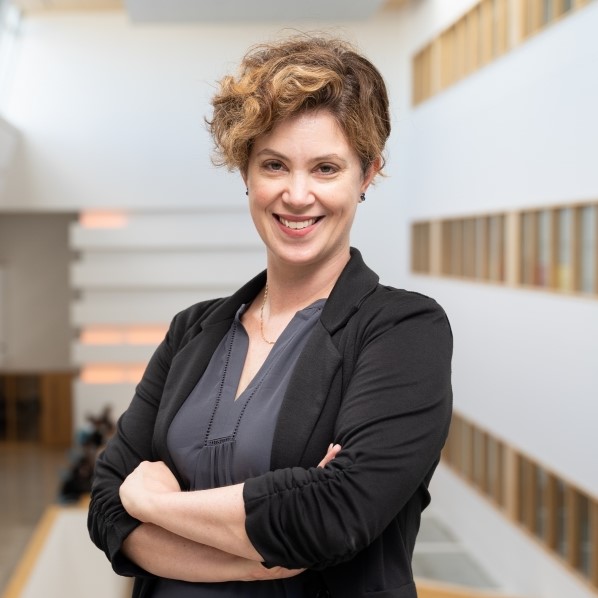
Marlis Schweitzer
YRC in Theatre and Performance History
Marlis Schweitzer, School of the Arts, Media, Performance & Design, was bestowed the York Research Chair in Theatre and Performance History. She is a theatre and performance historian with a specialization in 19th and early-20th century Anglo-American performance. Schweitzer plans to use her YRC to explore urgent questions about the relationship between historical casting practices, theatre’s role in the circulation and perpetuation of racist stereotypes, and the onstage representation of Black, Indigenous and People of Colour (BIPOC) individuals in contemporary Anglo-American performance.
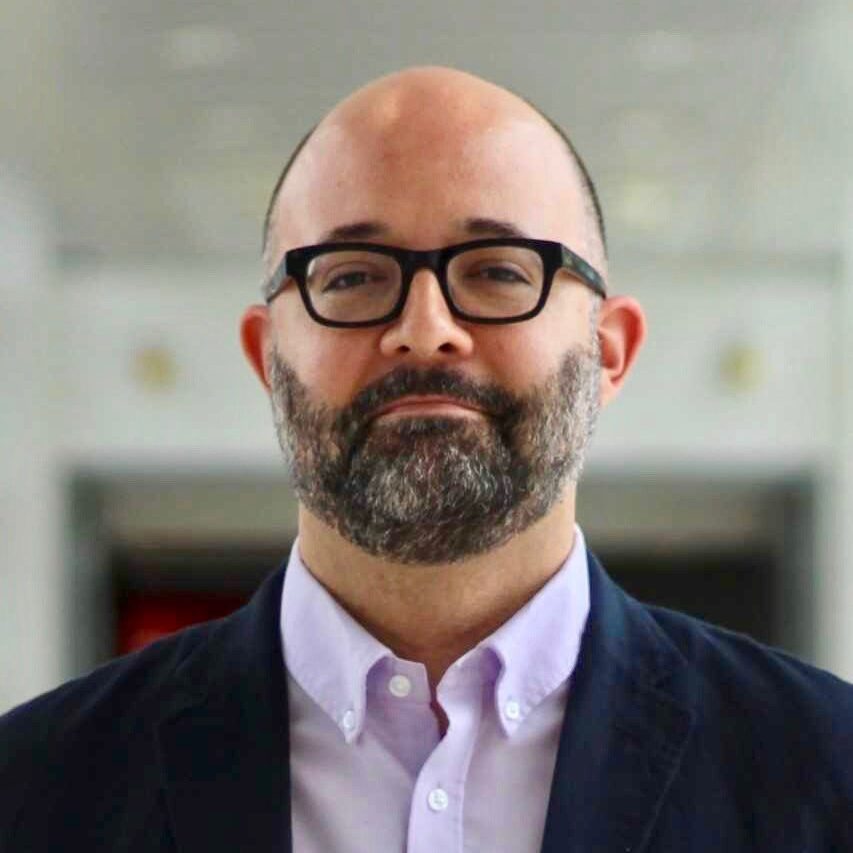
Adrian Viens
YRC in Population Health Ethics and Law
Dr. A.M. Viens, School of Global Health, has gained an international reputation for his work on the legal and ethical implications of the structural and collective forces that determine population health. He is building an innovative research program that will support investigations into how we can extend and refine the law’s capacity to promote health and well-being and reduce health inequities at the population level. This research program will deepen knowledge and generate policy-relevant findings to address some of the world’s most pressing challenges, such as antimicrobial resistance and pandemics.
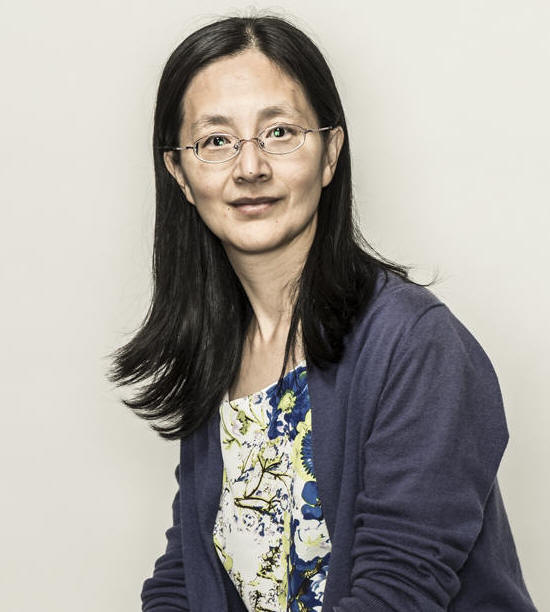
Ping Wang
York Research Chair in AI Empowered Next Generation Communication Networks
Ping Wang, Lassonde School of Engineering, researches wireless communications and networking. She has led research in radio resource allocation, network design, performance analysis and optimization for heterogeneous wireless networks. Her scholarly works have been widely disseminated through top-ranked IEEE journals and conferences. She intends to develop innovative techniques for next-generation wireless communications networks in supporting the emerging Internet of Things (IoT) applications.
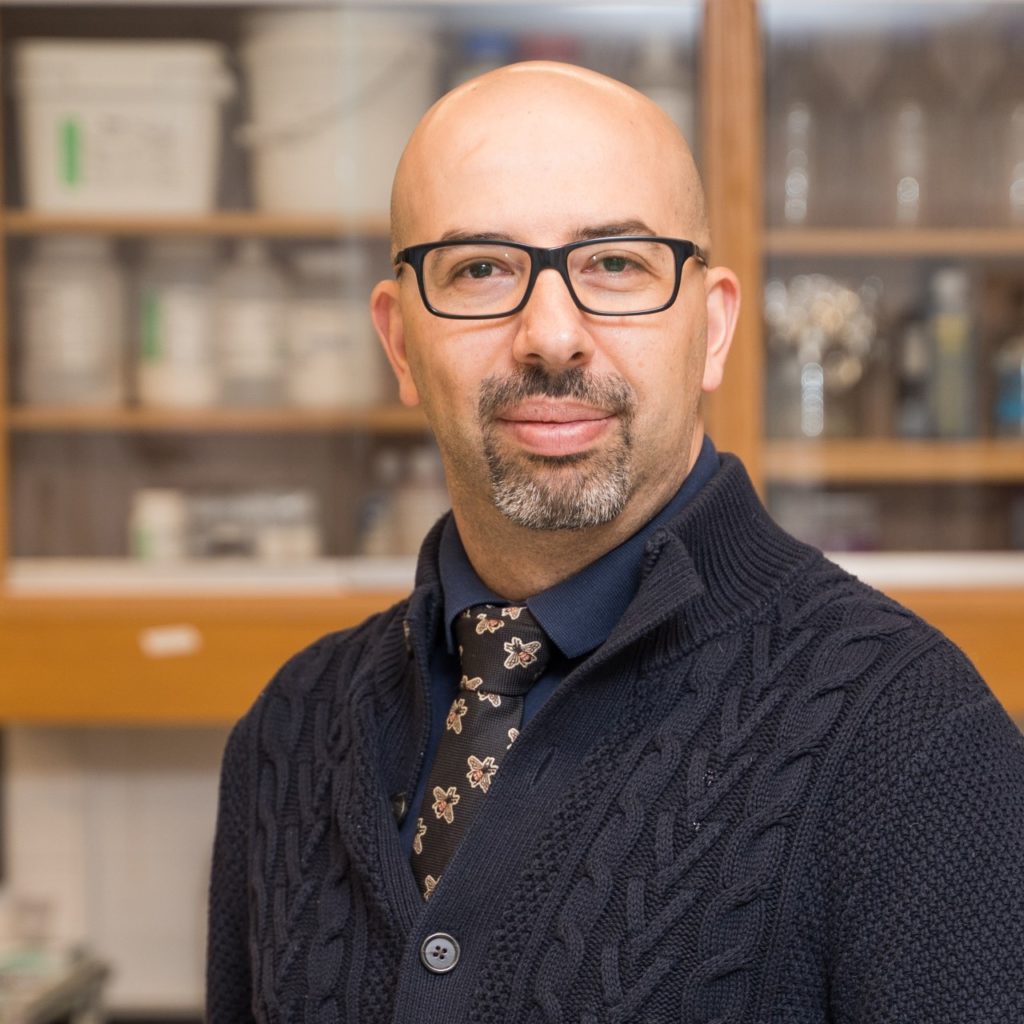
Amro Zayed
YRC in Genomics
Amro Zayed, Faculty of Science, had his York Research Chair in Genomics renewed. Zayed’s research group sequences the genomes of thousands of bees to identify mutations that influence their economically and ecologically relevant traits. His program aims to improve the health of Canadian honey bees, which will increase the sustainability and security of Canada’s food supply.
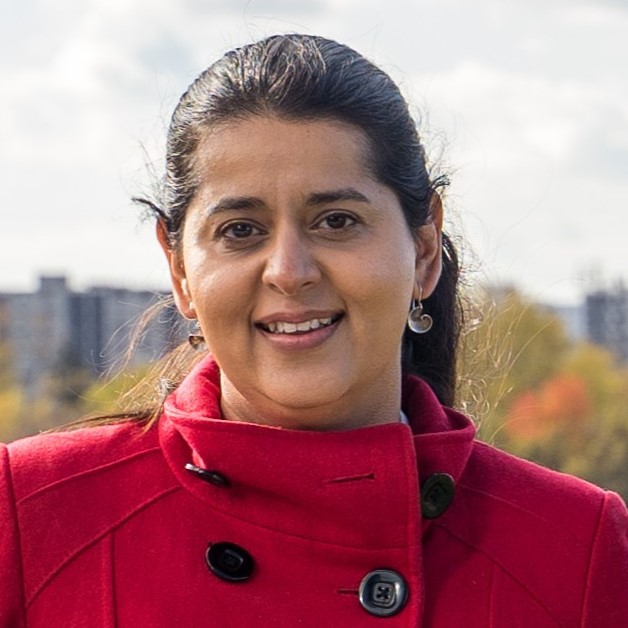
Sapna Sharma
YRC in Global Change Biology
Sapna Sharma, Faculty of Science, received a Tier 2 York Research Chair in Global Change Biology. Her research focuses on predicting the effects of environmental stressors, such as climate change, invasive species, and habitat alteration on ecosystems and improving the use of quatitative approaches used to generate these predictions.
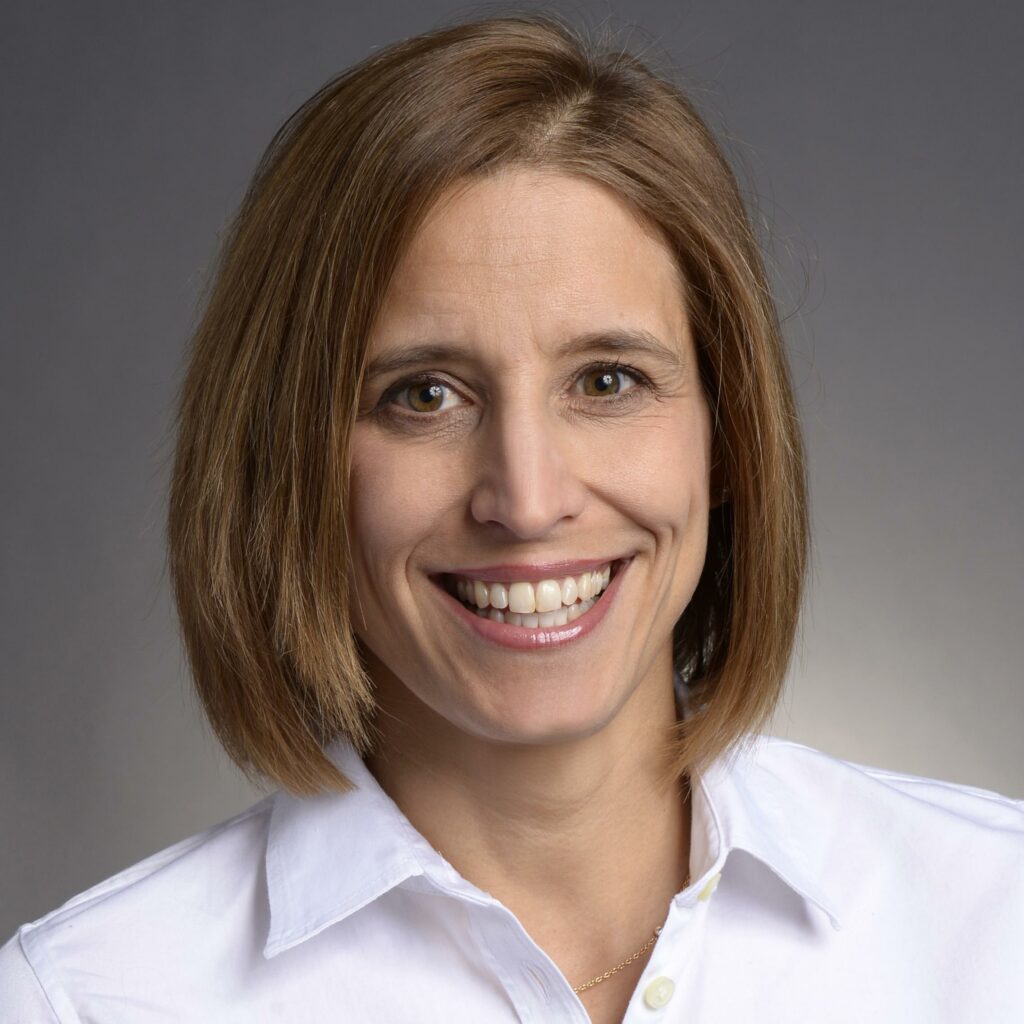
Sue Winton
YRC in Critical Policy Analysis
Sue Winton, Faculty of Education, received a Tier 2 York Research Chair in Critical Policy Analysis. Her research examines educational policy advocacy, influences, enactment, and their implications for equity.
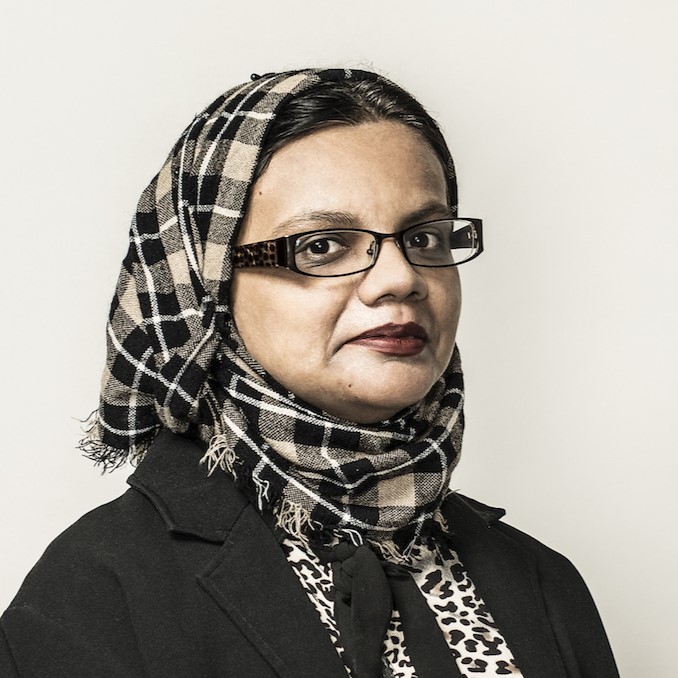
Hina Tabassum
YRC in 5G/6G-enabled wireless mobility and sensing applications
Hina Tabassum, Lassonde School of Engineering, received a Tier 2 York Research Chair in 5G/6G-enabled wireless mobility and sensing applications. Her research interests include 5G/B5G wireless communications, Massive MIMO, mm-wave, Visible light Communication, Free Space Optics, Stochastic geometry, Geometric Probability, and more.
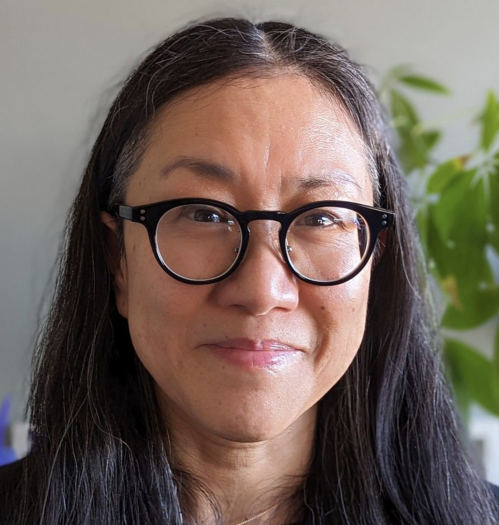
Taien Ng-Chan
YRC in Marginal & Emergent Media
Taien Ng-Chan, School of the Arts, Media, Performance & Design, received a Tier 2 York Research Chair in Marginal & Emergent Media. She is currently working on an immersive, interactive media piece that blends concepts around self-representation, critical care, and karaoke.
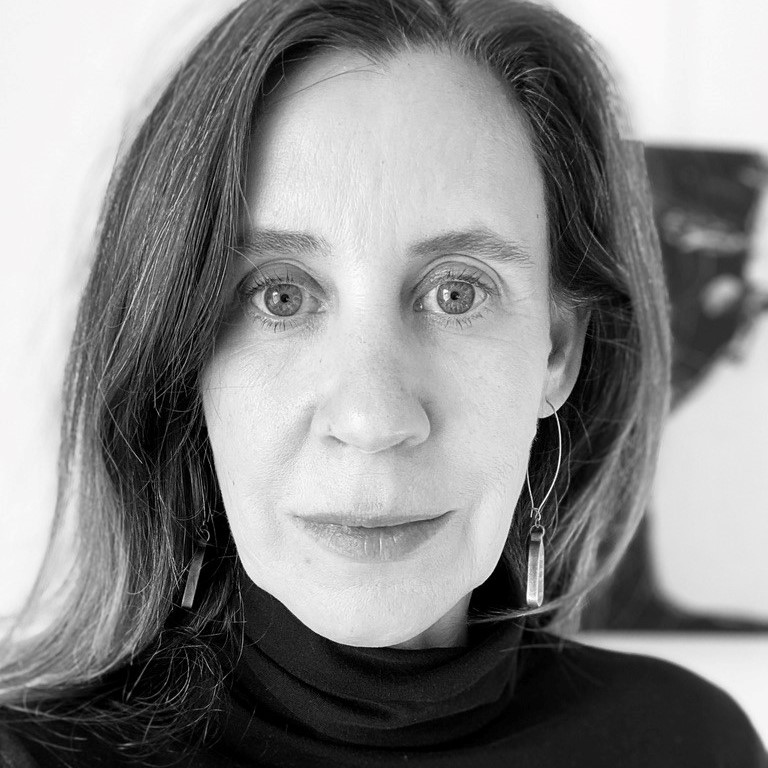
Denielle Elliott
YRC in Injured Minds
Denielle Elliott, Faculty of Liberal Arts & Professional Studies, received a Tier 2 York Research Chair in Injured Minds. Her research for the large part focuses on arts-based ethnography and the intersections of colonialism, medicine and science, and politics. Her current project entitled "Neurological Imaginaries" explores the sensorial and affective dimensions of traumatic brain injuries.
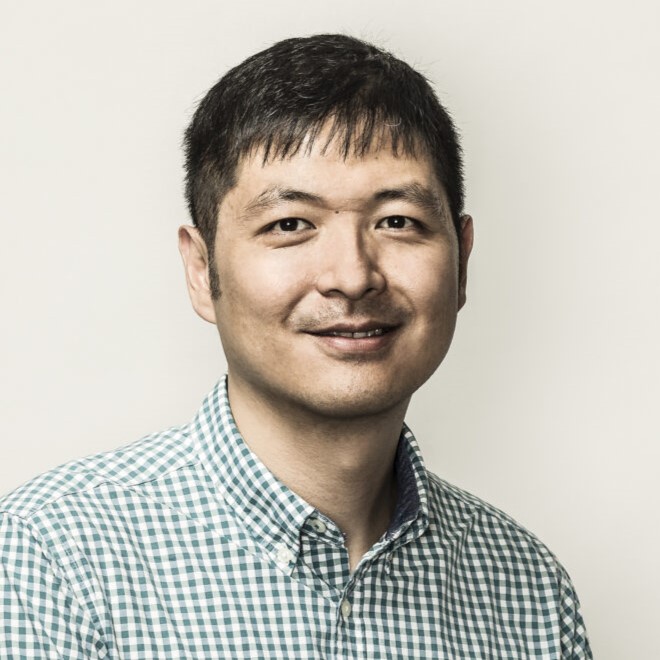
Gene Cheung
YRC in Graph Signal Processing
Gene Cheung, Lassonde School of Engineering, received a Tier 2 York Research Chair in Graph Signal Processing. His research interests include Graph Signal Processing and 3D Imaging.

Jacob Beck
YRC in Philosophy of Visual Perception
Jacob Beck, Faculty of Liberal Arts & Professional Studies, received a Tier 2 York Research Chair in Philosophy of Visual Perception. Beck’s research makes progress on longstanding philosophical puzzles about the mind by reconceptualizing them in light of contemporary cognitive science. He has a special interest in pre-linguistic forms of mental representation, such as perception and the number sense.

Andrea Emberley
YRC in Children's Musical Cultures in Practice and Research
Andrea Emberley, Faculty of Liberal Arts & Professional Studies, received a Tier 2 York Research Chair in Children's Musical Cultures in Practice and Research. Her work focuses on the study of children’s musical cultures and the relationship between childhood, wellbeing, and musical arts practices. Her work intersects with music sustainability in terms of how children and young people access, innovate, and mobilize musical arts practices within their communities and beyond.
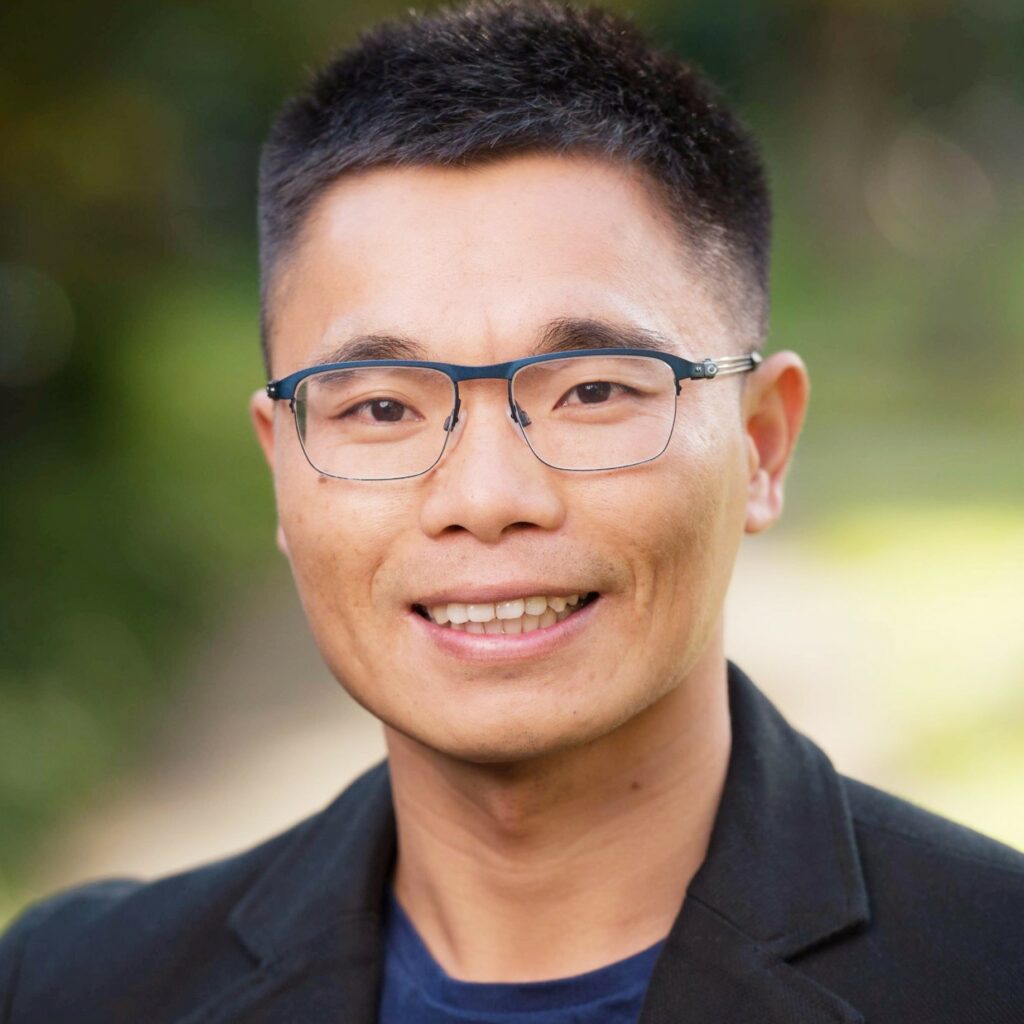
Cary Wu
YRC in Political Sociology of Health
Cary Wu, Faculty of Liberal Arts & Professional Studies, received a Tier 2 York Research Chair in Political Sociology of Health. His research focuses on political culture, race and ethnicity, and health inequality.
